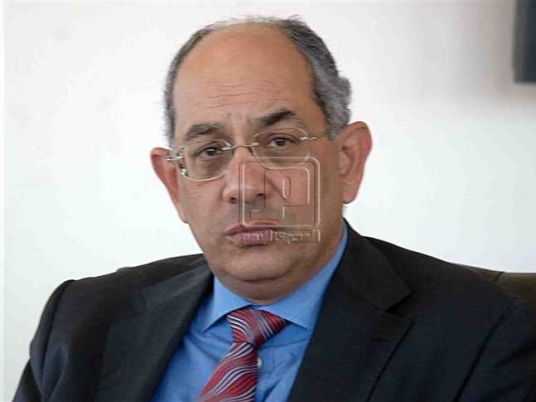
Only foreign investment can reduce the burden of public debt because Egyptian investment will not be able to raise growth in the meantime, said former Mubarak-era Finance Minister Youssef Boutros Ghaly, pointing out that the general budget deficit has prompted central banks to print currency that has no equivalent amount in gold reserves.
In televised comments to DMC Channel on Wednesday, Ghaly remarked that the economic crisis in Egypt resembles a patient who suffers from a blockage in the four arteries [of the heart]. But, he added, Egypt can surpass this; similarly, Europe is suffering through a major economic crisis, like the one the United States has recently overcome, he added.
Ghaly said the stability of prices in the market is linked to overcoming deficit in the general state budget, explaining that the lack of goods increases demand which leads to higher prices.
He pointed out that the increase in the US dollar exchange rate forced Egyptians to depend on national products and to raise export rates.
Raising interest rates is one of the solutions to the economic crisis in Egypt, he said. Exchange rates are a bell that indicates danger. Rapid exchange rate developments indicate a greater risk, he added.
Egyptian investors suspended their activities after the increase of prices. He reiterated that the solution lies in attracting foreign investment to pump foreign currency on market.
Economic growth rate in Egypt decreased from 120 percent to 65 percent over the past six years, the former finance minister said.
The appointment of over one million employees in government positions over the past six years led to an increase in the budget for salaries, which contributed to the economic problem, because the increase in government spending creates a budget deficit, said Ghaly.
Ghaly praised President Abdel Fattah al-Sisi's economic reforms, describing him as courageous.
The former minister hopes he can return to Egypt soon, saying he has been subject to injustice. He was sentenced to up to 65 years in prison over financial corruption charges.




